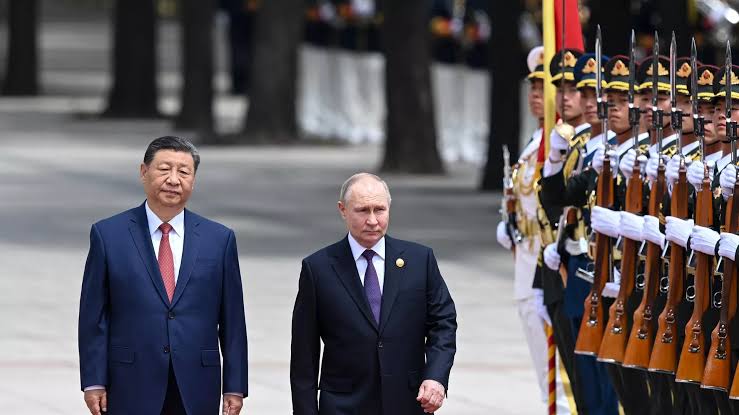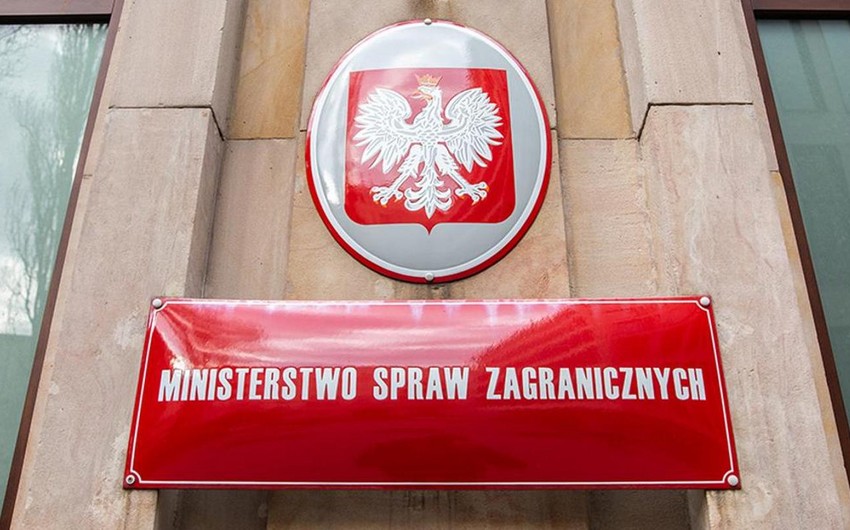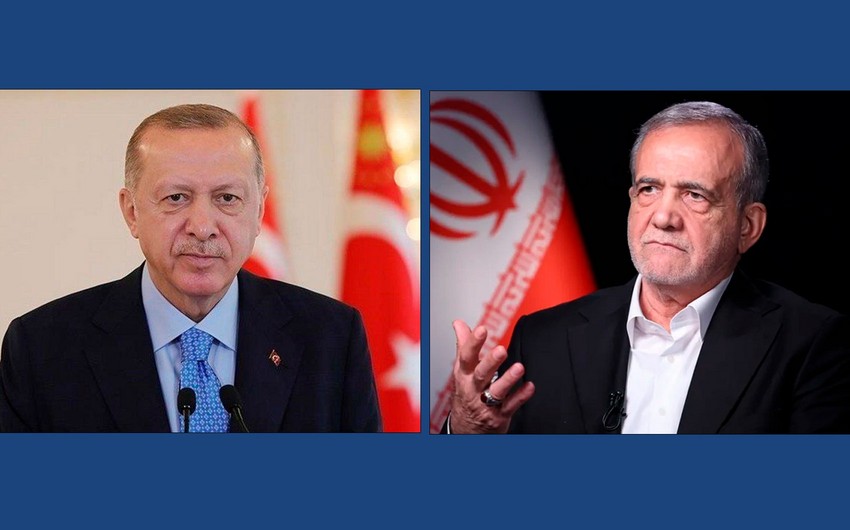In a recent statement during his visit to China, Russian President Vladimir Putin emphasized the collaborative efforts between Russia and China to establish a just world system rooted in international law.
This declaration prompts reflection on the trajectory of global geopolitics: Is the world heading towards polarization?
Dr. Mohammad Sadiq Ismail, an expert in International Relations, offered insights to Ednews into this pressing question. Dr. Ismail posited that the world is currently experiencing a phase of multipolarization. He traced this shift back to the aftermath of the second Gulf crisis and the Arab revolutions in 1990, which marked the zenith of a unipolar world order.
"Russia's expansion in the Middle East through its involvement in Syria and China's assertive global posture epitomized by the Silk Road project have catalyzed the emergence of new poles of power," Dr. Ismail remarked. He also noted the European Union's recalibration, with Germany implementing measures to curb illegal immigration and France seeking to bolster its influence post-Brexit.
Dr. Ismail pointed to the perceived weakening of American foreign policy under President Joe Biden as a key factor driving multipolarization. "President Biden's tenure has seen a notable decline in American influence," Dr. Ismail asserted. He cited Biden's inability to effect significant changes in US foreign policy, including faltering efforts to recalibrate relations with China and address the Russia-Ukraine conflict.
Moreover, Dr. Ismail highlighted ongoing geopolitical challenges, such as China's stance on Taiwan and North Korea's nuclear ambitions, as evidence of a shifting global landscape where traditional hegemonic powers face formidable challenges.
In summary, while the world is indeed transitioning towards a multipolar order characterized by the rise of alternative power centers, Dr. Ismail cautioned that this shift does not preclude the specter of polarization. As nations jostle for influence and navigate complex geopolitical dynamics, the trajectory of global politics remains uncertain.










